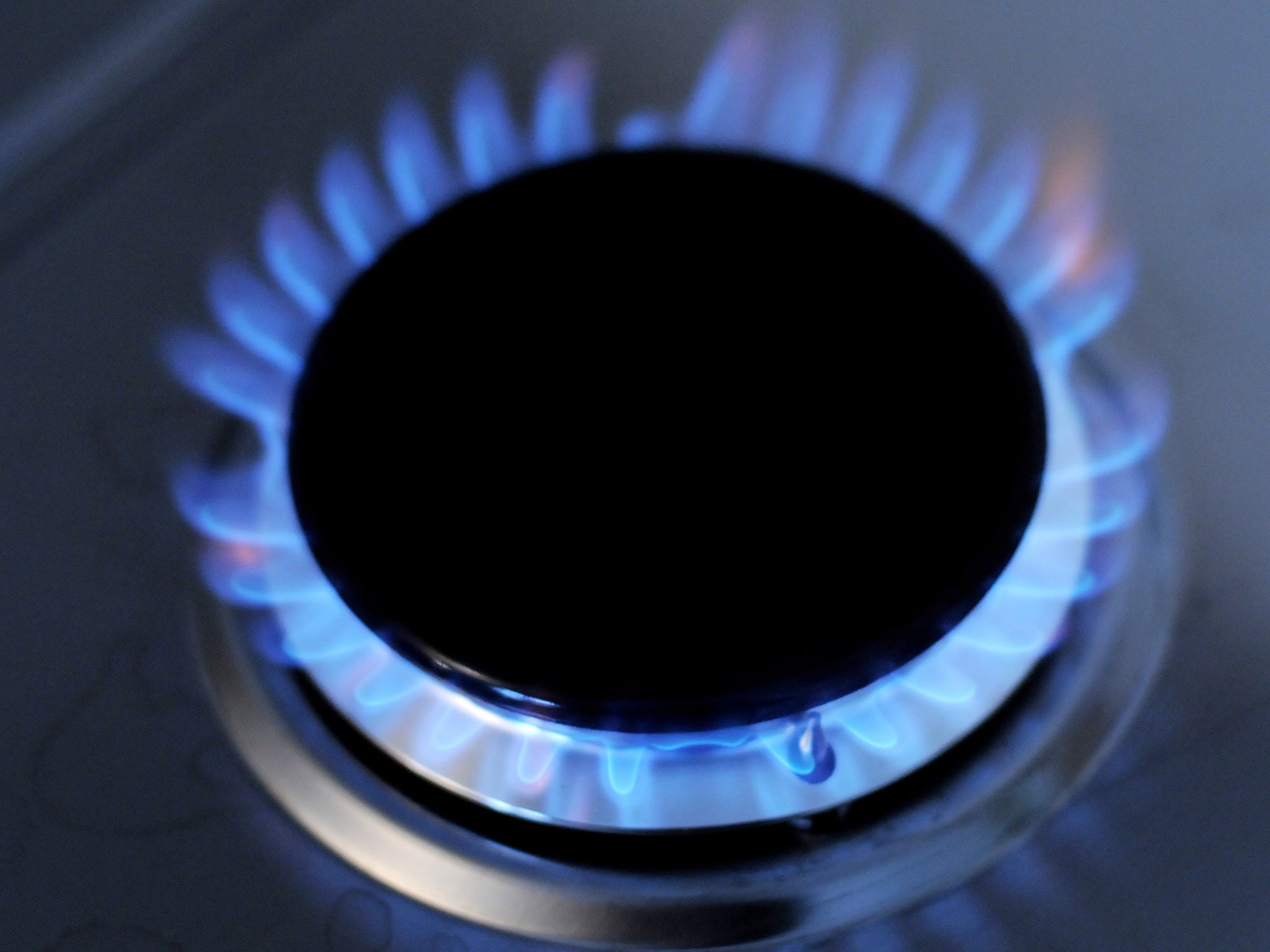Energy bills to jump by £100 for millions of households, as regulator lifts price cap
Gas and electricity costs to increase on 1 April for 15 million households on default tariffs and pre-payment meters; regulator advises people to save money by shopping around

Your support helps us to tell the story
From reproductive rights to climate change to Big Tech, The Independent is on the ground when the story is developing. Whether it's investigating the financials of Elon Musk's pro-Trump PAC or producing our latest documentary, 'The A Word', which shines a light on the American women fighting for reproductive rights, we know how important it is to parse out the facts from the messaging.
At such a critical moment in US history, we need reporters on the ground. Your donation allows us to keep sending journalists to speak to both sides of the story.
The Independent is trusted by Americans across the entire political spectrum. And unlike many other quality news outlets, we choose not to lock Americans out of our reporting and analysis with paywalls. We believe quality journalism should be available to everyone, paid for by those who can afford it.
Your support makes all the difference.Millions of households will see their gas and electricity bills jump by almost £100 a year at a time when many people’s finances are already under pressure.
Ofgem will raise the energy price cap on 1 April for 11 million customers by an estimated £96 to £1,138 a year for the average home. The hike affects people on their supplier’s default or “standard variable” tariff.
A further four million households on pre-payment meters will pay £87 more, meaning an average dual-fuel bill of £1,156.
The move will affect significant numbers of the UK’s most vulnerable households who are more likely to be on default tariffs or pre-payment meters.
It comes as unemployment is expected to rise and millions of lower-paid workers have seen their earnings fall during the pandemic.
“Energy bill increases are never welcome, especially as many households are struggling with the impact of the pandemic,” said Ofgem chief executive Jonathan Brearley.
“We have carefully scrutinised these changes to ensure that customers only pay a fair price for their energy.”
Ofgem reviews the cap, which was introduced in 2019, every six months. Mr Brearley argued that an increase in April would be more manageable than one in October when people use more energy to power their homes.
Speaking to the BBC on Friday, Mr Brearley argued that it would be better to make a change now when the country is heading into the summer, a time when energy usage is lower, than in October, ahead of winter.
In a statement he added: “The price cap offers a safety net against poor pricing practices, saving customers up to £100 a year, but if they want to avoid the increase in April they should shop around for a cheaper deal.
“As the UK still faces challenges around Covid-19, during this exceptional time I expect suppliers to set their prices competitively, treat all customers fairly and ensure that any household in financial distress is given access to the support they need.”
Ofgem advised people on standard tariffs to shop around to save money. Households on standard tariffs are likely to be able to save hundreds of pounds a year by switching to a cheaper deal. People in financial difficulty can also contact their supplier to ask for assistance.
Price comparison site Compare the Market said increasing the price cap by £96 was an “extraordinary” move, given current economic circumstances.
“It calls into question the whole point of a price cap which was designed to protect the most vulnerable households,” said the firm’s head of energy, Peter Earl.
“Many are already struggling with the financial impact of the pandemic – our research shows that nearly three out of 10 families with children at home struggle to pay their bills every week – and this announcement coincides with the shock of energy bills being received after a winter spent in lockdown.”
The latest increase undoes Ofgem’s October reduction of the cap by £84 as the price suppliers pay for gas and electricity fell. Demand for power has risen since then as governments have opened up their countries’ economies, causing wholesale prices to increase. Ofgem said those costs should be passed on to consumers.
Earlier this week Ofgem announced a separate increase averaging £23 a year per household to cover suppliers’ costs for chasing bills that haven’t been paid during the pandemic.
Join our commenting forum
Join thought-provoking conversations, follow other Independent readers and see their replies
Comments